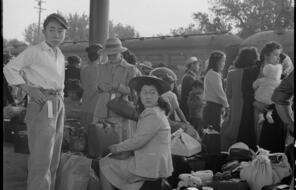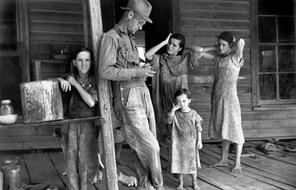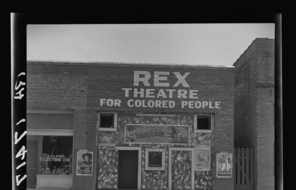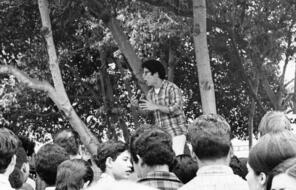When I was a kid, I collected insurrectionary, outspoken, not girly girls in books. There was "Anne of Green Gables." And there's Jo March in "Little Women." And there's Scout in "To Kill a Mockingbird."
[MUSIC PLAYING]
[CHATTERING]
Louise Scout is irresistible. She's just irresistible.
She's a scamp and hysterically funny and no less funny as an adult looking back, although in a slightly more fermented and seasoned way. And she's just great company.
[MUSIC PLAYING]
I felt so attached to her. I just wish I could have been as smart as Scout and always been there with a comeback, but oh, well.
What do you think you're doing?
I love the fact that she's a little smart-ass. She speaks first with her fists and then has to sort of back up three or four steps. She's sort of an extension of a Huck Finn character. She's very typically an American character in that she is poking at the boundaries of good taste and what's proper.
Hi, Mrs. Dubose.
Don't you say hi to me, you ugly girl. You say, good afternoon, Mrs. Dubose.
She doesn't have a mother. In many ways, her childhood is very lonely. And it's only her interest in other people that makes it a full childhood. She's really an explorer. She truly struggles in the way we struggle as adults to figure out how to be in the world.
And here is Scout who believes in things, who is funny and curious and passionate and a tomboy. And I think Scout has done more for Southern womanhood than any other character in literature.
Come on in here, Scout. Have your breakfast.
Aunt Alexandra was fanatical on the subject of my attire. I could not possibly hope to be a lady if I wore breeches.
I still don't see why I have to wear a darn old dress.
Aunt Alexandra's vision of my deportment involved playing with small stoves, tea sets, and wearing the add-a-pearl necklace she gave me when I was born. Furthermore, I should be a ray of sunshine in my father's lonely life. I suggested that one could be a ray of sunshine in pants just as well, but Auntie said that one had to behave like a sunbeam.
The emphasis that her Aunt Alexandra places on the way she looks. Well, this is what we do to girls. You're worth something if you're beautiful.
I think one of the reasons I became so obsessed with Harper Lee is because everything that she did convinced me that she was just a grown-up Scout who hadn't gone over to the dark side of being a girly girl.
[BIRDS CHIRPING]
Maycomb was a tired old town, even in 1932 when I first knew it.
A grown-up Scout is the narrator of "To Kill a Mockingbird." Scout is simultaneously an adult looking back and a child experiencing life in a small town, a difficult feat. Ask any writer. Very, very tough because she has to both be a kid on the street and aware of mad dogs and the spooky houses and have this beautiful vision of how justice works and all the creaking mechanisms of the courthouse.
Many writers have tried it, many writers. They do it all the time, the innocent child business. But this child sees the world as an adult. She sees the world as it is through a child's eyes but with an adult's understanding. And that's part of why this is a great book. And that's part of why Harper Lee is a great American writer.












